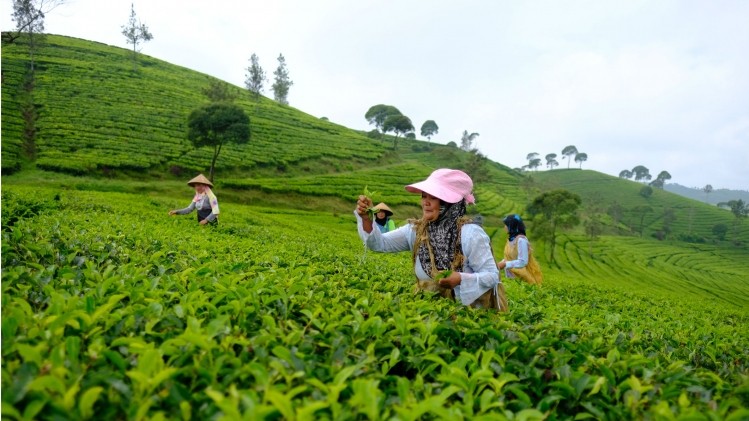Indonesian tea mission to revive flagging exports to Europe

Indonesia's tea exports have been flagging in recent years, marked by declining export share, low Indonesian tea prices and import policies imposed by export destinations.
In terms of volume and value, Indonesia's tea export to the EU averaged a 20% decline in the past five years.
High on the agenda is presenting scientific evidence from a study by researchers from the Bandung Institute of Technology showing that the anthraquinone (AQ) residue level of tolerance for humans is not as stringent as established by the European Commission.
"The Indonesian government has successfully completed a scientific research proving that the residual AQ threshold of 0.02 mg/kg of dried tea leaves in Regulation of the European Commission Number 1146/2014 is too strict," said Oke Nurwan, director general of Foreign Trade of the Indonesian Ministry of Trade.
Other mission plans include carrying out technical consultations with EU tea stakeholders Tea & Herbal Infusion Europe, exploring research cooperation on tea samples with Eurofins Scientific laboratory, discussing market share and preferences with buyers, as well as networking and exchanging views with the International Tea Committee (ITC), tea packers and retailers.
According to Oke, this itinerary is in effort to increase the market share of Indonesian tea products exported to the EU, as well as an opportunity to explore the current tastes of tea consumers in Europe.
Based on data from the ITC, from 1993 to 2010, global tea consumption jumped 60%. The significant growth of tea as commodity is predicted to continue because various countries around the world are increasingly aware of its health benefits.
Indonesia is among the top 10 largest tea producers in the world, and the seventh-biggest tea exporter. The tea industry is a significant contributor to the country’s economy and one of its biggest employers.
Approximately 44.4% of tea plantation land in Indonesia is owned by small stakeholders, and about half a million Indonesians directly depend on the tea sector.






